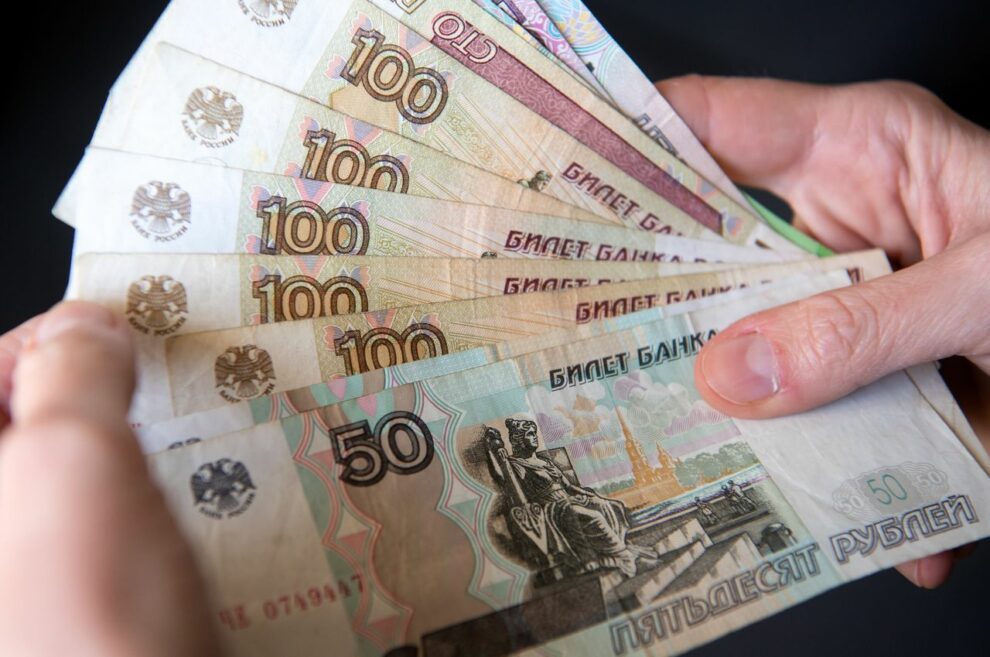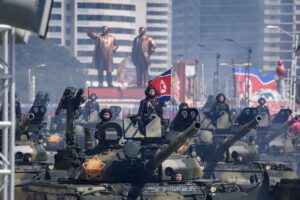Since Russia’s unprovoked and unjustified invasion of Ukraine in February 2022, the Council has adopted 10 packages of sanctions against Russia and Belarus. The sanctions aim to weaken Russia’s ability to finance the war and specifically target the political, military and economic elite responsible for the invasion.
The restrictive measures do not target Russian society. That is why areas such as food, agriculture, health and pharmaceuticals are excluded from the restrictive measures imposed.
Economic indicators are showing that the restrictive measures taken in Europe and elsewhere against Russia have had an impact on the Russian economy.
The Russian economy is shrinking
According to the World Bank, the International Monetary Fund (IMF) and the Organisation for Economic Cooperation and Development (OECD), 2022 was a bad year for the Russian economy. It is estimated that in 2022, Russia’s gross domestic product (GDP) dropped by 2.1%.
Russia’s economy may continue to shrink in 2023. Its GDP is forecast to decline by 2.5% in the worst-case scenario (OECD) or by 0.2% according to the World Bank. The IMF expects growth in 2023 (0.7%).
Russia’s GDP – evolution from 2018 to 2023
Declining trade
The restrictive measures target the import of certain goods from Russia and the export of certain goods to Russia. The list of banned products is designed to maximise the negative impact of the sanctions on the Russian economy while limiting the consequences for EU businesses and citizens.
Figures are proving that the restrictive measures are yielding results. Both the World Bank and the IMF estimated that in 2022, Russia’s trade in goods and services was set to decline significantly. For 2023, imports are forecasted to be higher than in 2022 while exports are forecasted to further drop according to the World Bank or remain almost at the same level according to the IMF.
Russia’s imports and exports from 2018 to 2023
Russia’s revenues from fossil fuels are diminishing
While in the first half of 2022 Russia benefited from growing prices of fossil fuels on global markets, sanctions targeting oil imports that came into force in December 2022 have resulted in limiting Russia’s revenues.
According to the International Energy Agency, Russia’s oil revenues dropped by over a quarter in January 2023 (compared to January 2022). The drop in February was even more significant (over 40%).
Russia’s monthly revenues from oil exports (in billion $)
Frozen assets
The sanctions imposed by the EU and its partners on Russia’s financial system reduce Russia’s ability to finance the war.
€300 billion of Russian Central Bank reserves are blocked in the EU, other G7 countries and Australia (two thirds of which are blocked in the EU).
€300 billion
of Russian Central Bank reserves are blocked
70% of assets of the Russian banking system are under sanctions.
Around €20 billion of assets of more than 1 500 sanctioned persons and entities have been frozen.
Source: Europa















